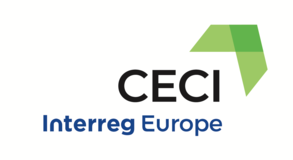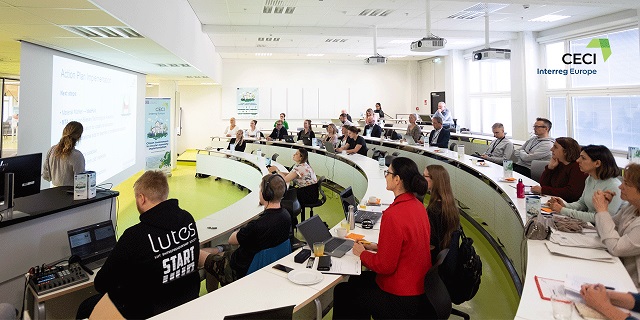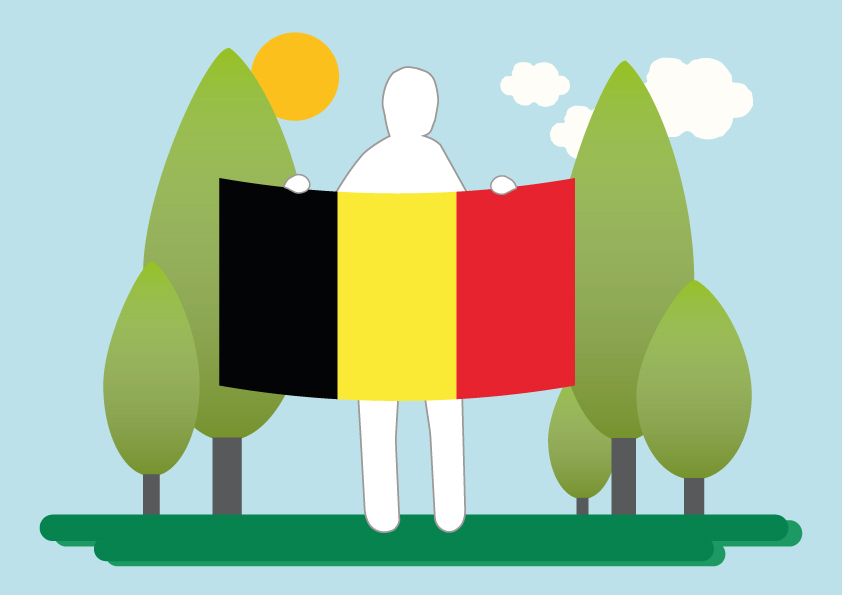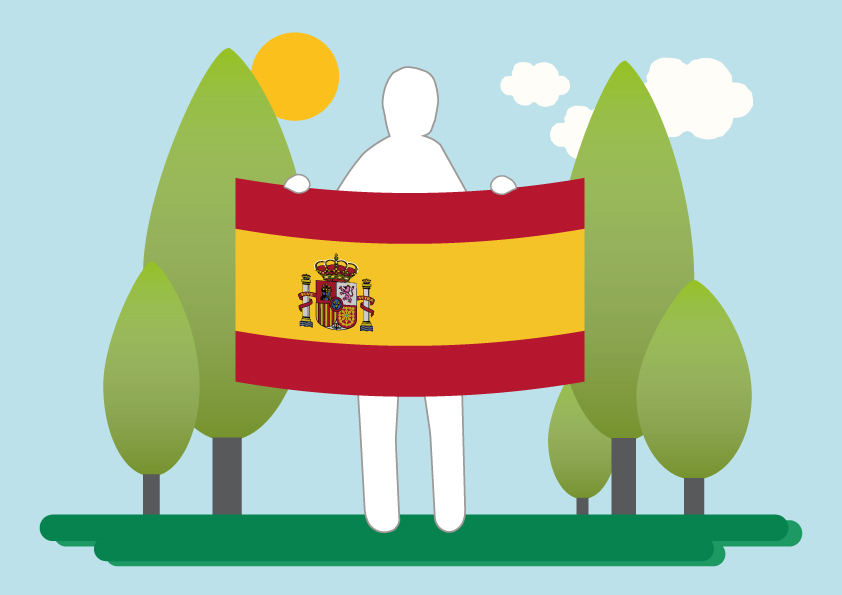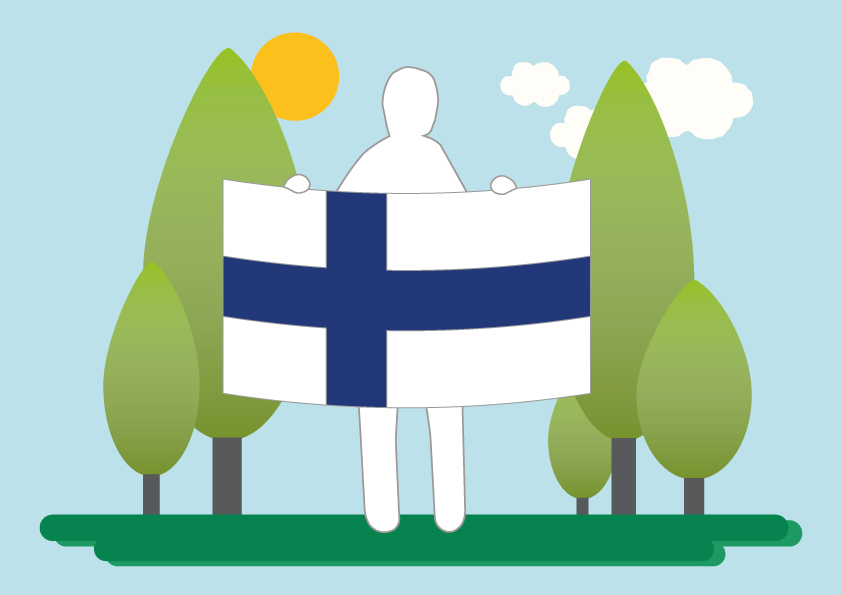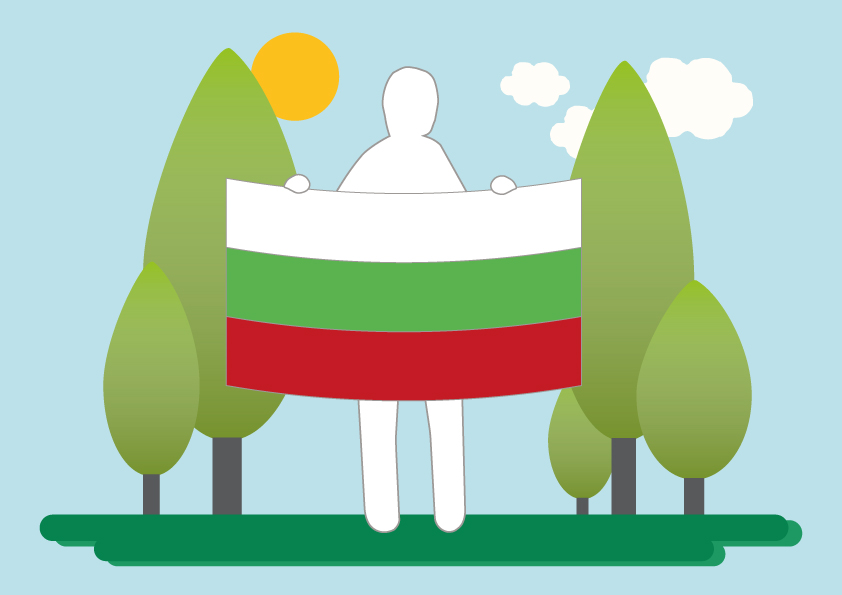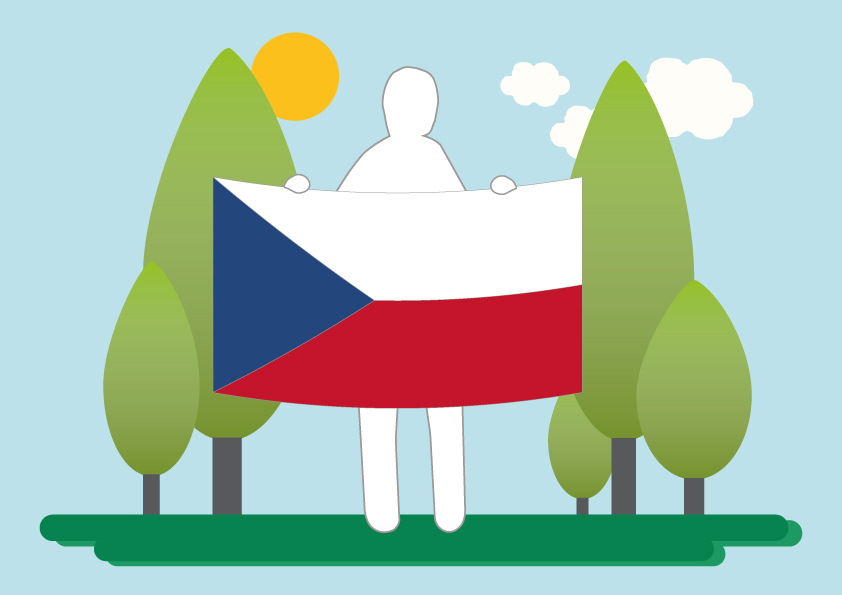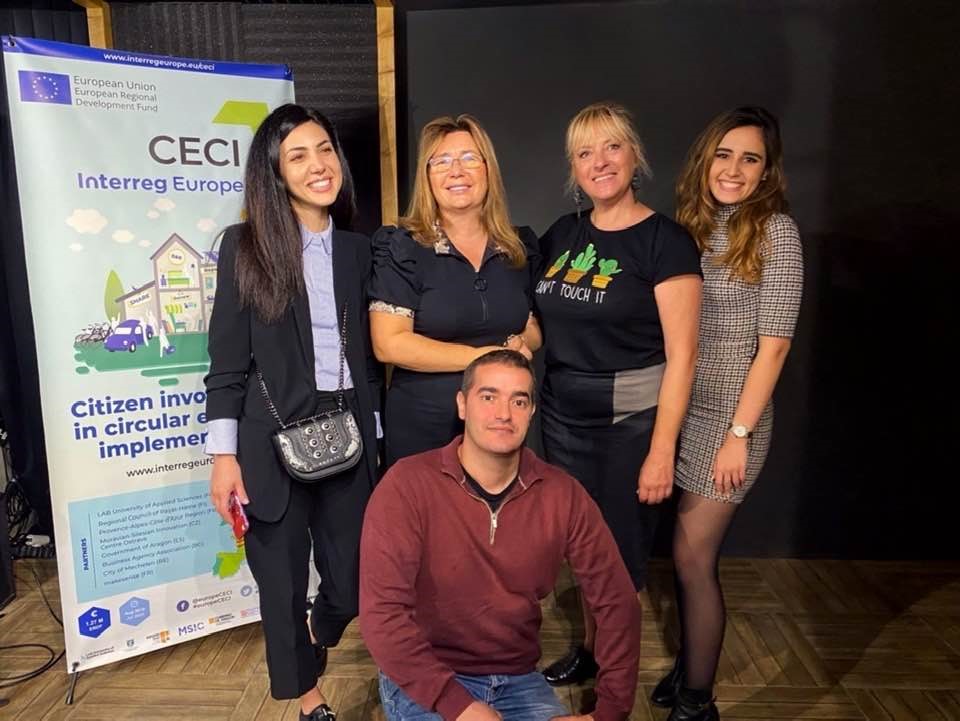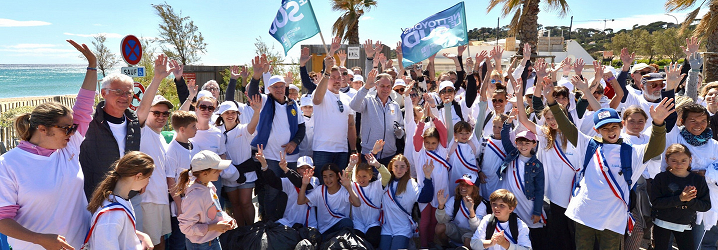Current policy development in CECI partner regions
The third interregional meeting, which took place recently, had the theme Action Plans. During the meeting, a large part of the program was devoted to this topic. Each of the regions commented on the political situation related to the Action Plans theme. This year, and thus the 3rd semester in the CECI project, has been affected by the pandemic situation in the world resulting with a challenging situation in the regions. The short overview below describes the policy situation in each region. More detailed information about the current state of the policy development is available in the CECI 3rd newsletter.
Päijät-Häme region
One of the main targets in Interreg Europe funded projects is policy improvement. Behind that is the interregional knowledge exchange, gained through sharing of good practices and collaborating with project partners and regional stakeholders. The policy improvement in the Päijät-Häme region refers to the implementation of a new project, funded through the policy instrument in focus for CECI: Sustainable growth and jobs 2014-2020 ERDF. LAB University of Applied Sciences received funding for a new project, Kestävän asumisen palvelut yhdessä kehittäen ASKEL, Co-developing services for sustainable living in English, inspired by CECI. The ASKEL project relates to the Päijät-Häme Regional Strategy and Plan (2018-2021) through two smart specialization priorities (RIS3), design and circular economy, and concretizes the regional goals related to circular economy. Read more about ASKEL project at the Newsletter on page 17.
Provence-Alpes-Côte d'Azur Region

During the third semester of the CECI project, several public policy tools related to the circular economy were developed in the South of France. One in particular support responsible and circular consumption projects. The policy is promoting projects and start-up incubators within the theme of circular economy. For example in Marseille, a collaborative initiative called “La roue” (the wheel), is set up. In the Newsletter, you can find information about the “La roue” project, what it is about and a detailed description.
Czech Republic
In the Czech Republic, they focused on the Just Transition Fund (JTF), which opens more opportunities for regions in transition. Circular economy is one of the key pillars within JTF. The Moravian-Silesian region has already prepared concepts of several projects to support circular economy. One of them was introduced at the interregional meeting. It is called POHO2030 (Postmining landscape 2030) and the project aims to transform the coal mining landscape into a prosperous area with varied and sustainable life by 2030. More information about this project you can find in the Newsletter on page 7.
Government of Aragón

The key regional plans of Aragón in which the circular economy is involved are, not only the OP Aragón FEDER 2014-2020, but also a specific political instrument, the Regional Management Plan 2018-2022, called the GIRA plan. As regards GIRA 2018-2022 Plan, this is the global document on waste management planning in Aragón and supports and gives internal coherence to governmental actions on circular economy. In the Newsletter, on page 16, you can find more information on what specifically the Action plan will focus on and you can also read about Circular Economy Spanish Strategy called “España Circular 2030”.
Business Agency Association

In Bulgaria, the COVID-19 outbreak has significantly slowed down most of the public administration activities related to strategical documents development. In this situation, our activities were oriented towards the promotion of good practices from the very active CECI project interregional learning process, the attraction of citizens into online events and personal meetings whenever possible, in working closely with policymakers at different levels. The elaboration of the most important document related to the project - Varna municipality waste management strategy - was also postponed. Everyone in the region hopes to be able to start working actively on Action Plan again as soon as possible.
City of Mechelen

The CECI partner in Mechelen is inspired by the good practice exchange within the CECI project and will influence an Action Plan on circular economy citizen involvement to the existing framework of the policy plan 2020-2025.
One of the actions that is already shaped, is the revision of the Mechelen Climate Neutral subsidies for both entrepreneurs and citizens to support them in undertaking circular initiatives.
What are the goals of the policy plan and what is the vision till the year 2030? The answers are on page 19 of the 3rd Newsletter and if you are interested in the Mechelen’s circular strategy, check the video: HERE which has been recorded during the European week of cities and regions within the session “Reboot your city in a circular way”.
